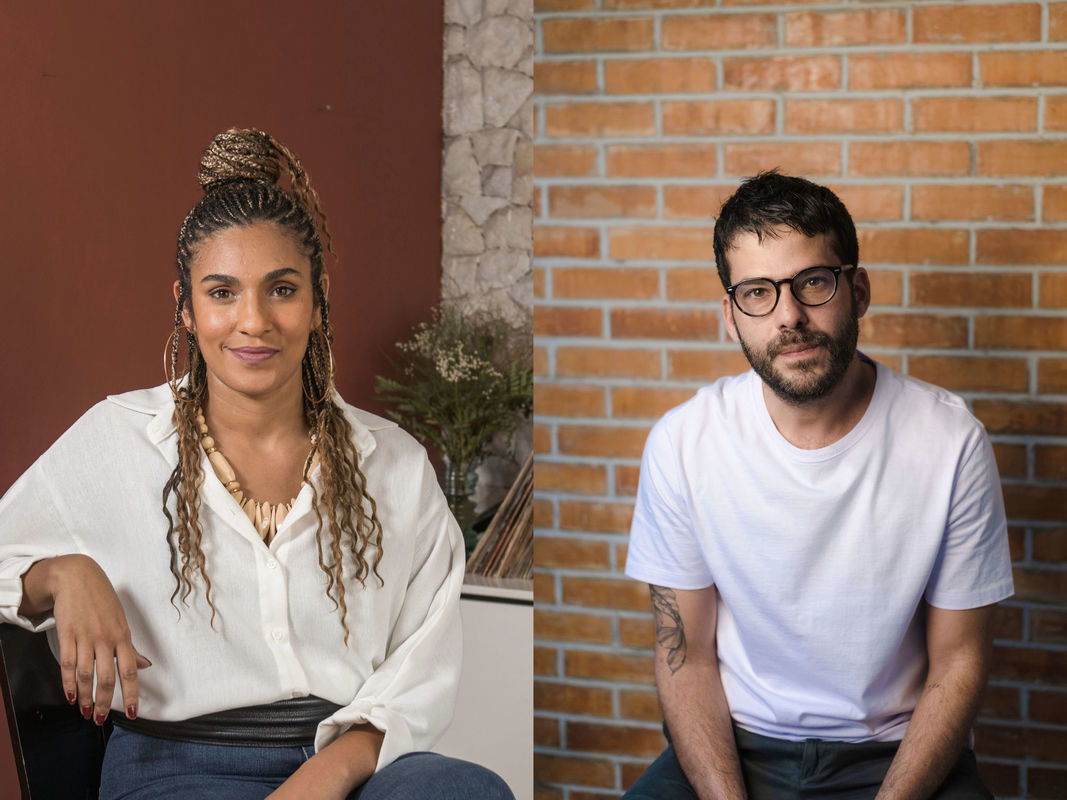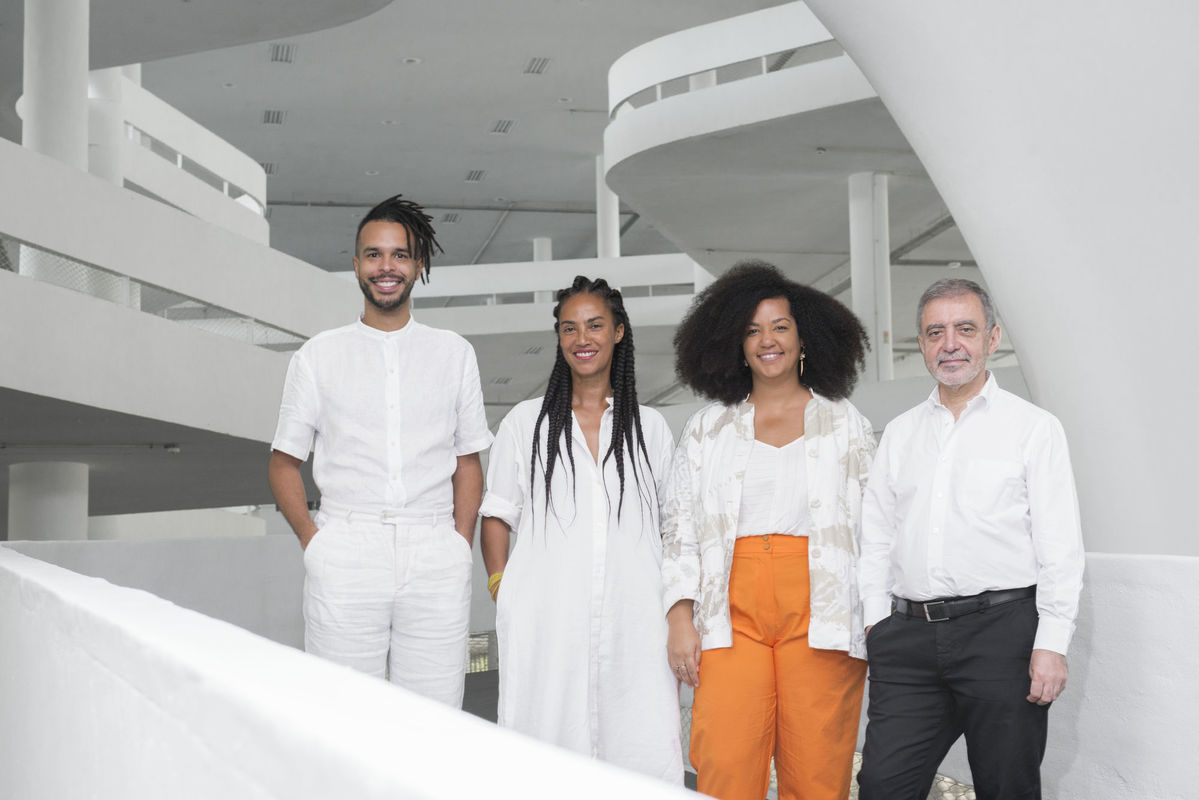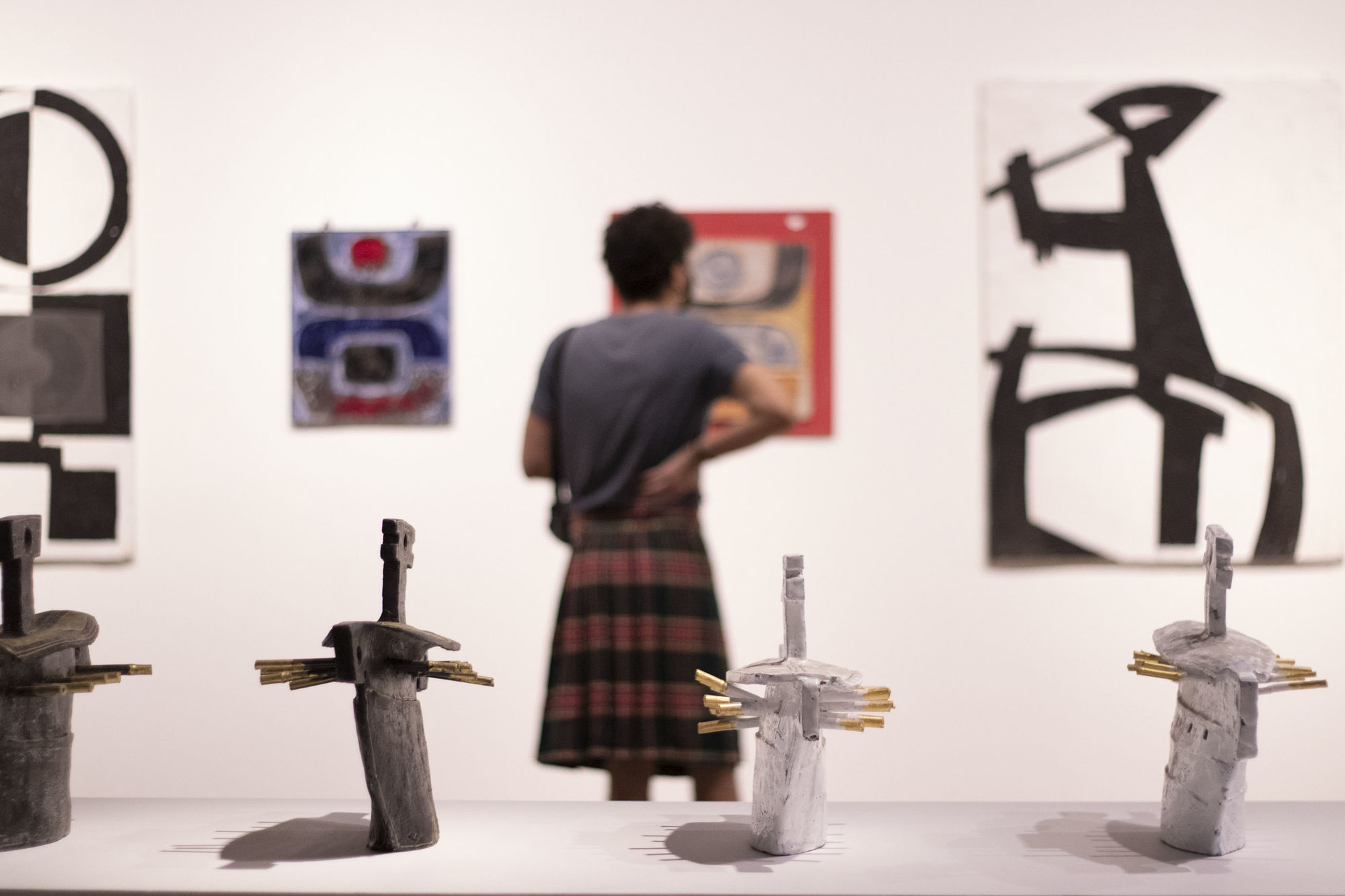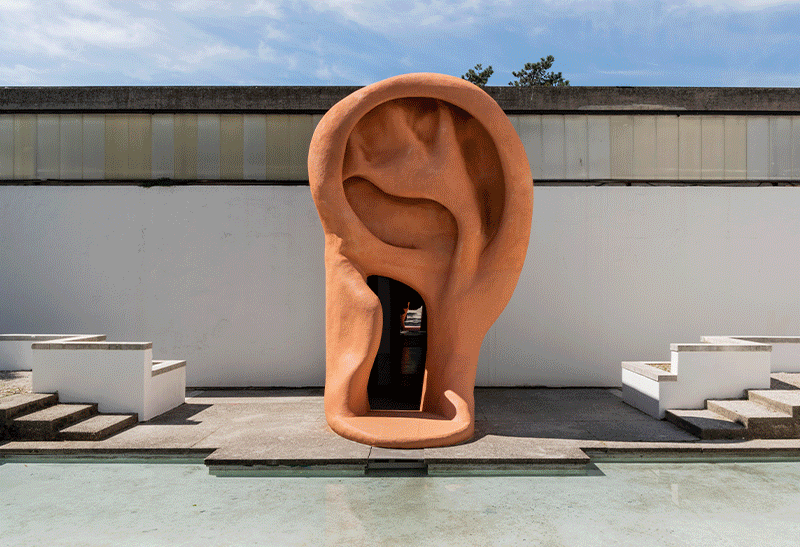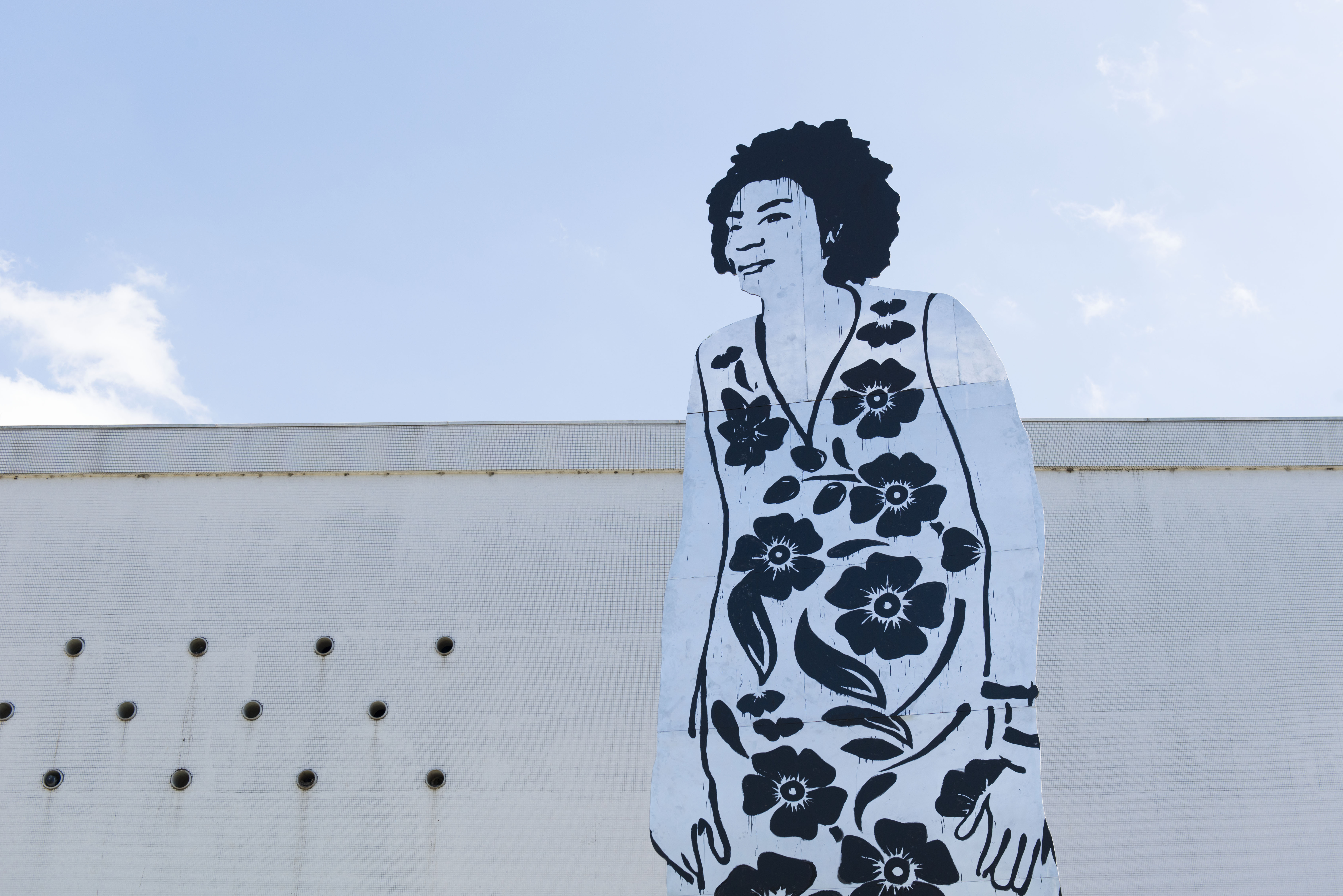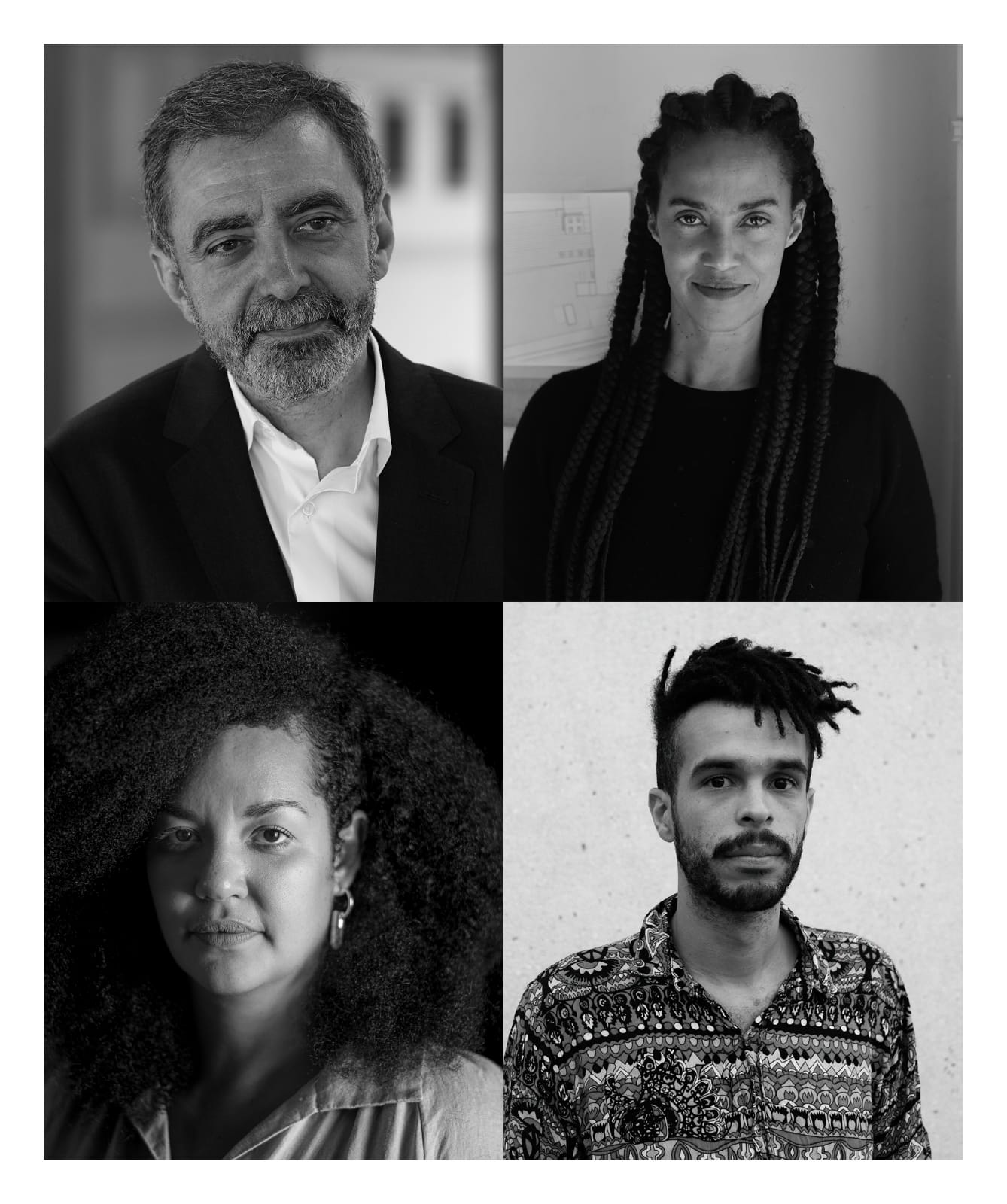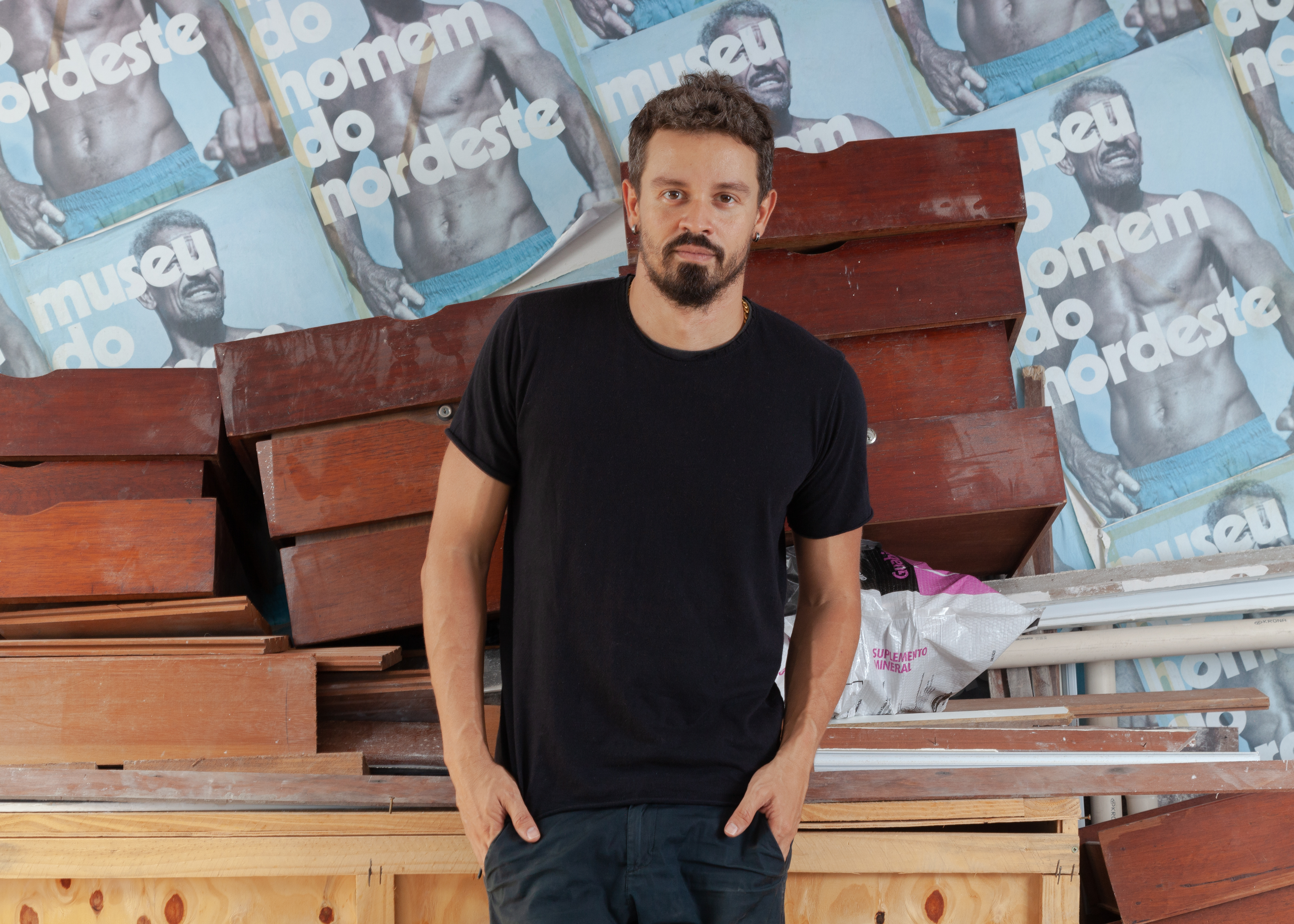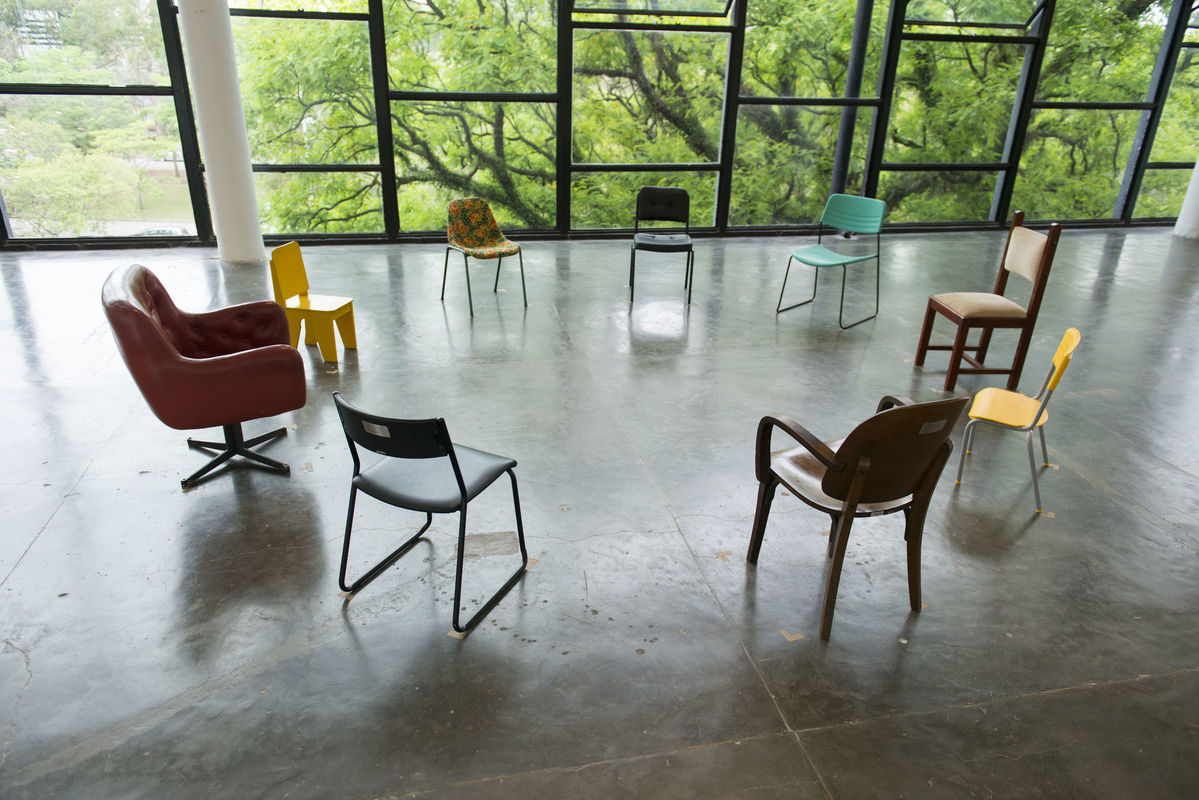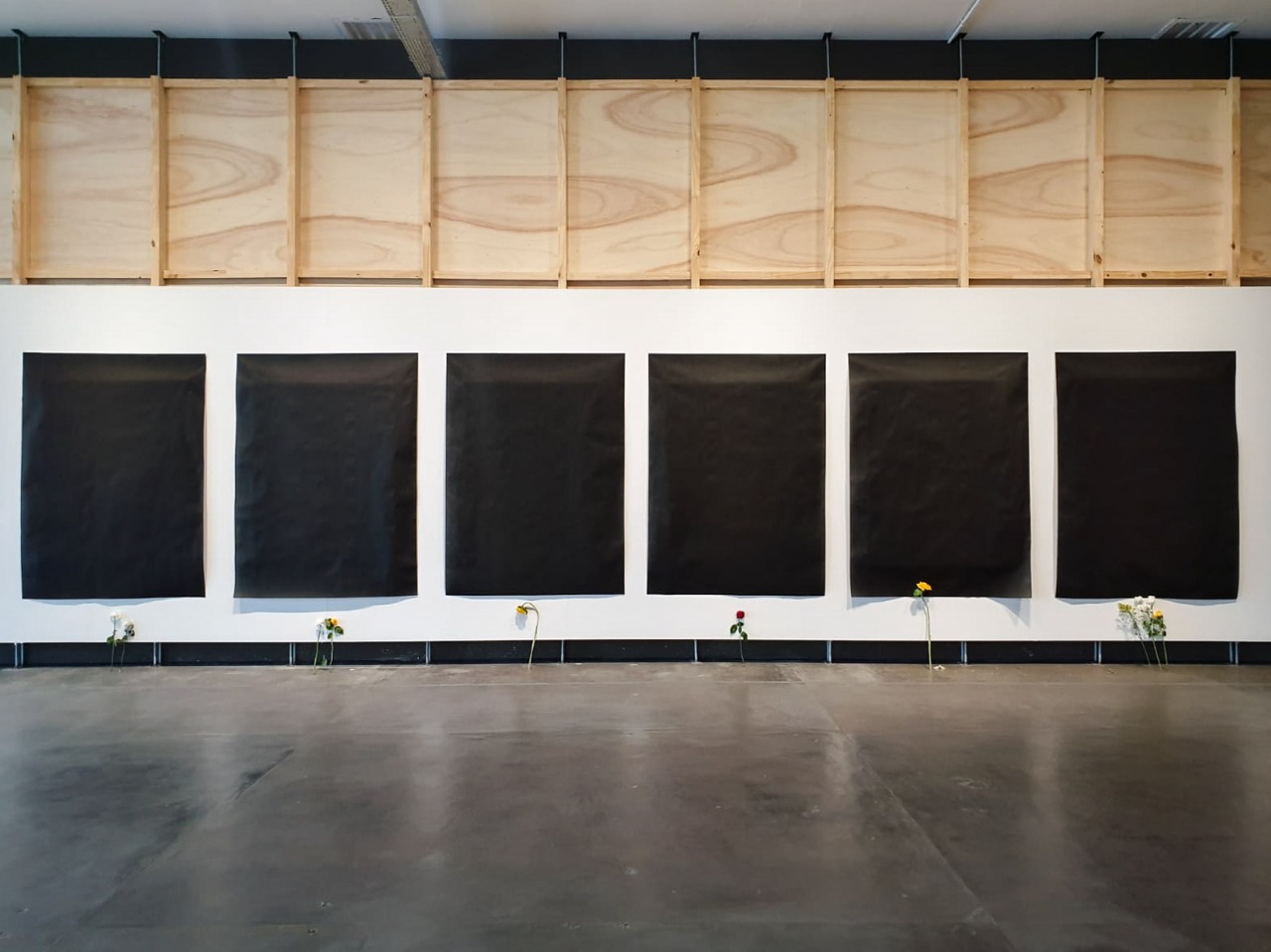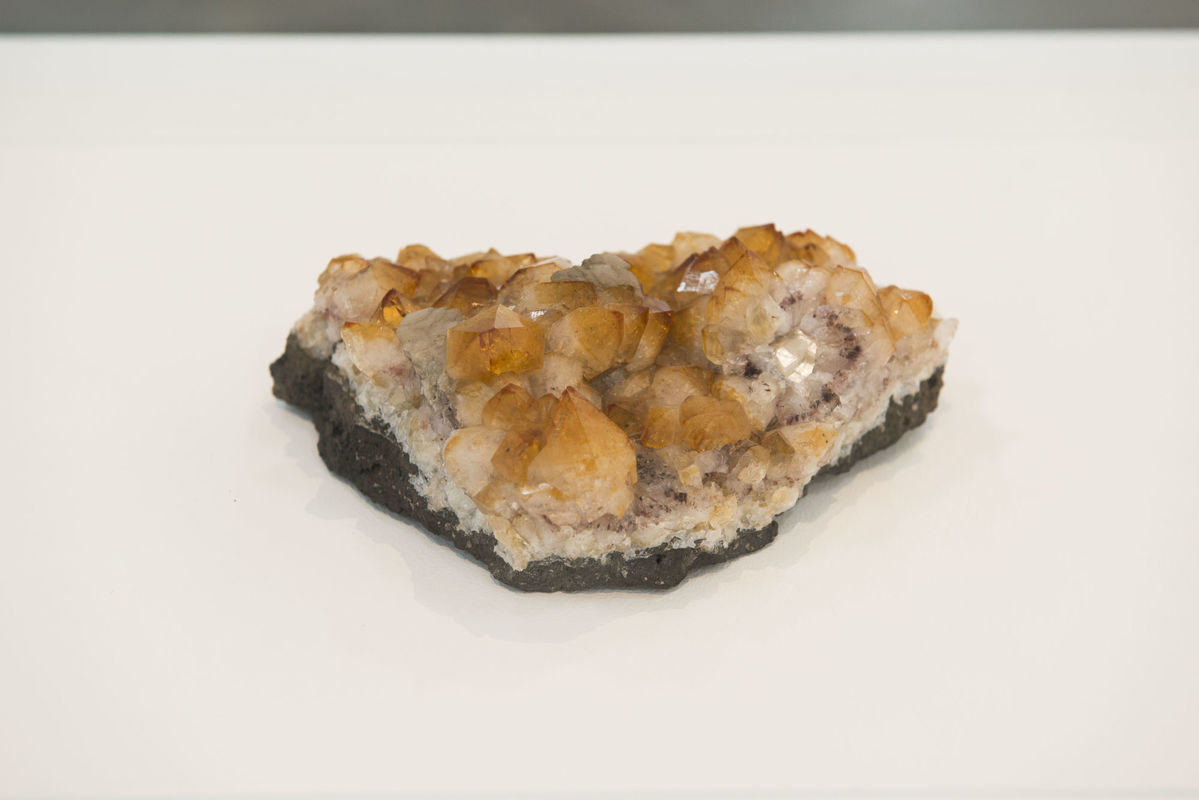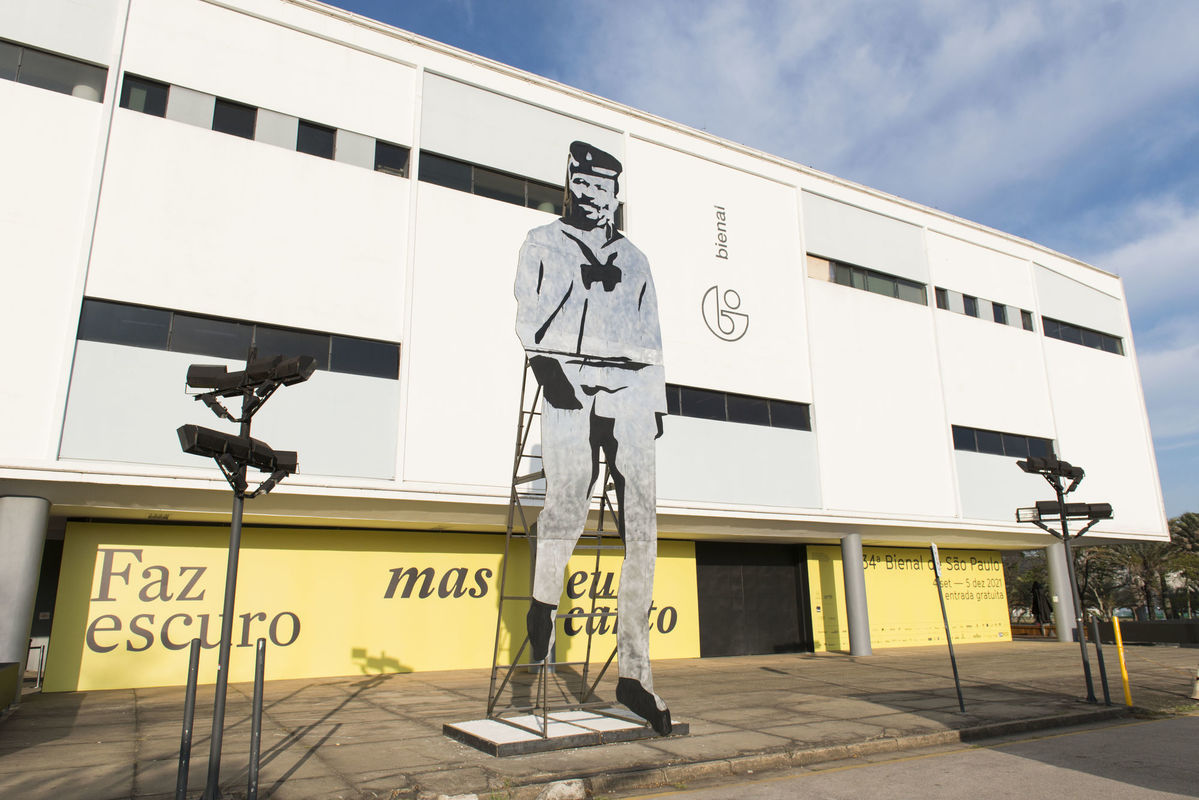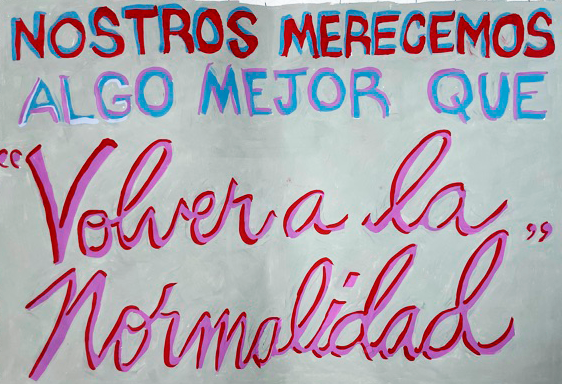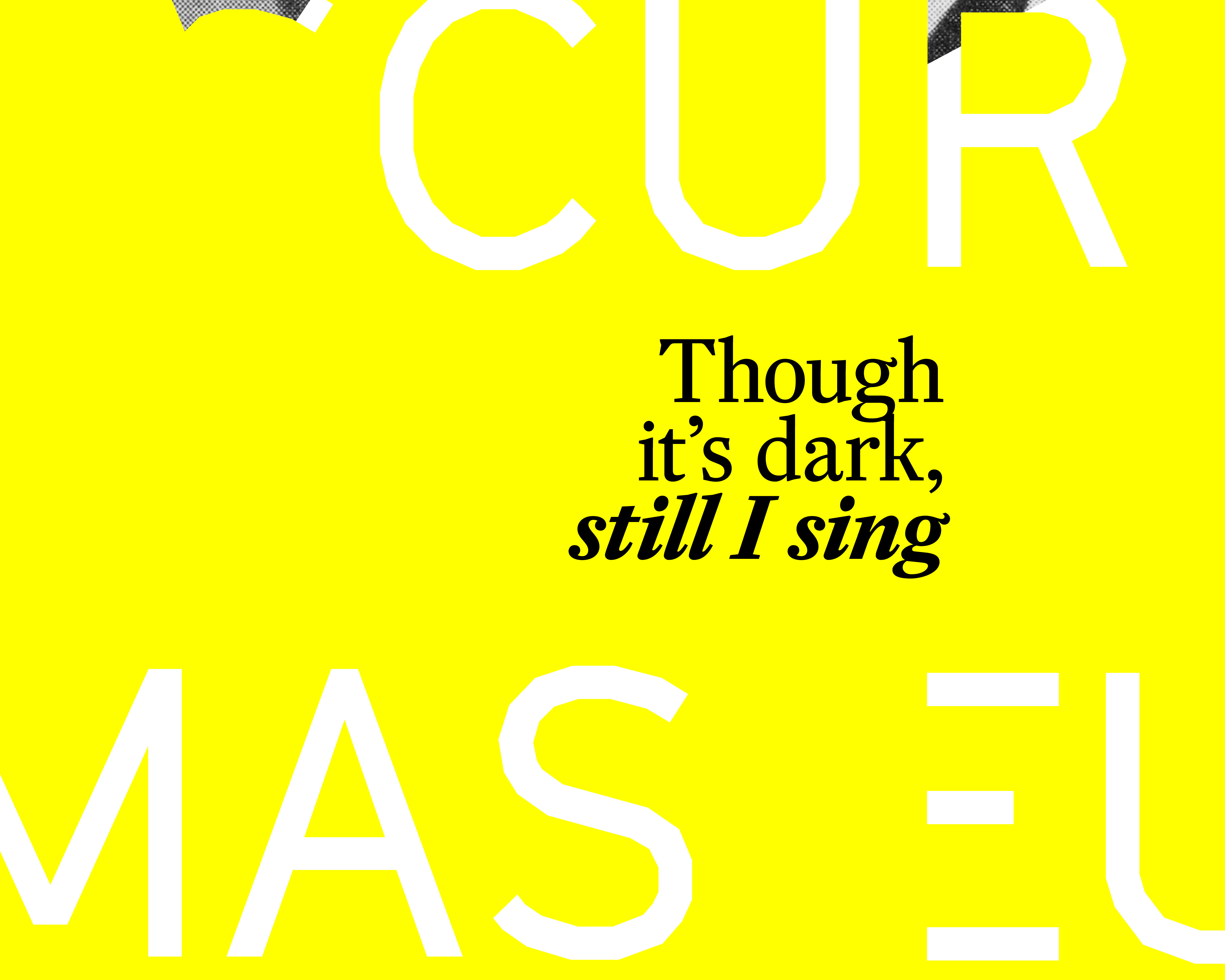
With Jacopo Crivelli Visconti as chief curator and a curatorial team consisting of Paulo Miyada (adjunct curator) plus Carla Zaccagnini, Francesco Stocchi and Ruth Estévez (guest curators), the 34th Bienal de São Paulo is titled Faz escuro mas eu canto [Though it’s dark, still I sing], a line from a poem by Amazonian writer Thiago de Mello (Barreirinha, 1926), published in the book by the same name in 1965. In his work, the Amazonian poet speaks clearly about the problems and hopes of millions of men and women around the world: “Hope is universal, the social inequalities are universal as well […]. We are at a moment at which the apocalypse is gaining on utopia. For some time now I have made the choice: between apocalypse and utopia, I’m staying with utopia,” the writer stated.
In a curatorial correspondence from February 2020, Paulo Miyada tell us the story of how, in a period of five years, the verse gained several different interpretations: from a hopeful conclusion of a poem written between 1962 and 1963 ("though it’s dark, still I sing/ because the morning is coming), when the promess of land reform and other progressive projects seemed about to come true, to a whisper of resistance during the harshest years of the military dictatorship. "And now, entering 2020, in what ways can this poetic uttering reverberate in this country and beyond it, in a fractured world?", the curator asks.
Do you want to know the full story? Read here the curatorial correspondance.
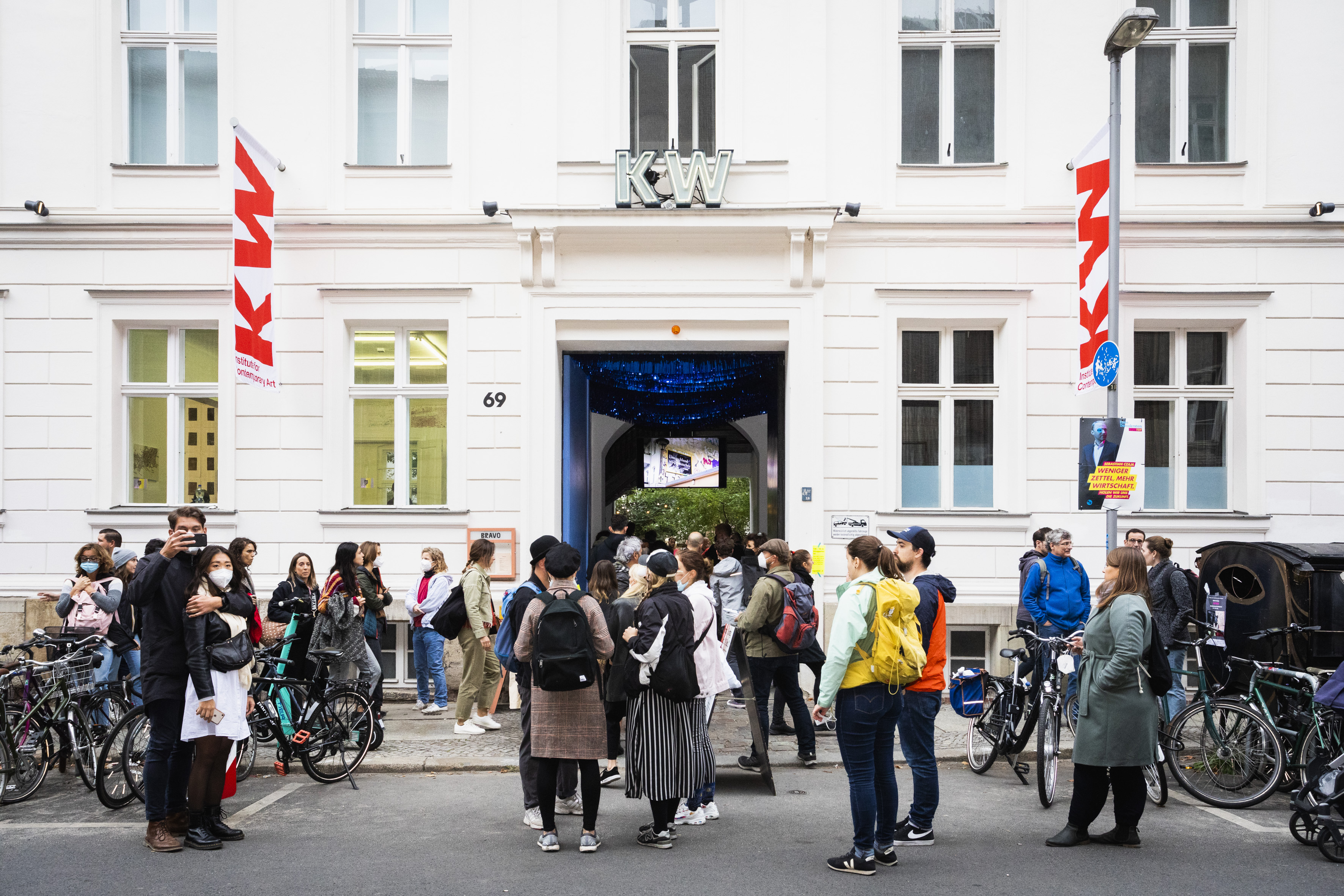
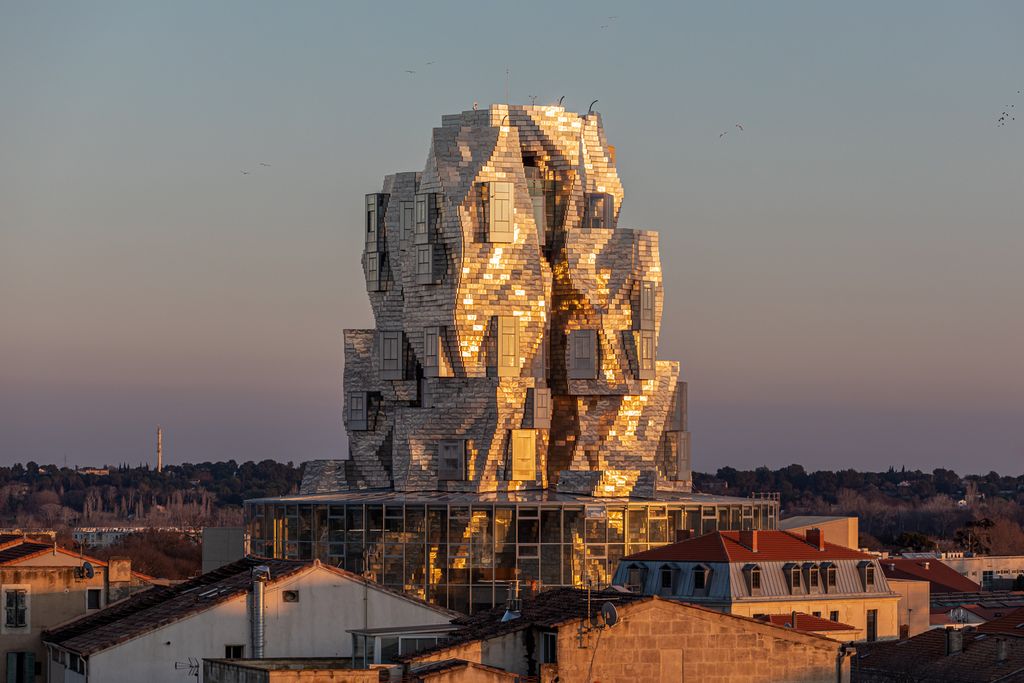
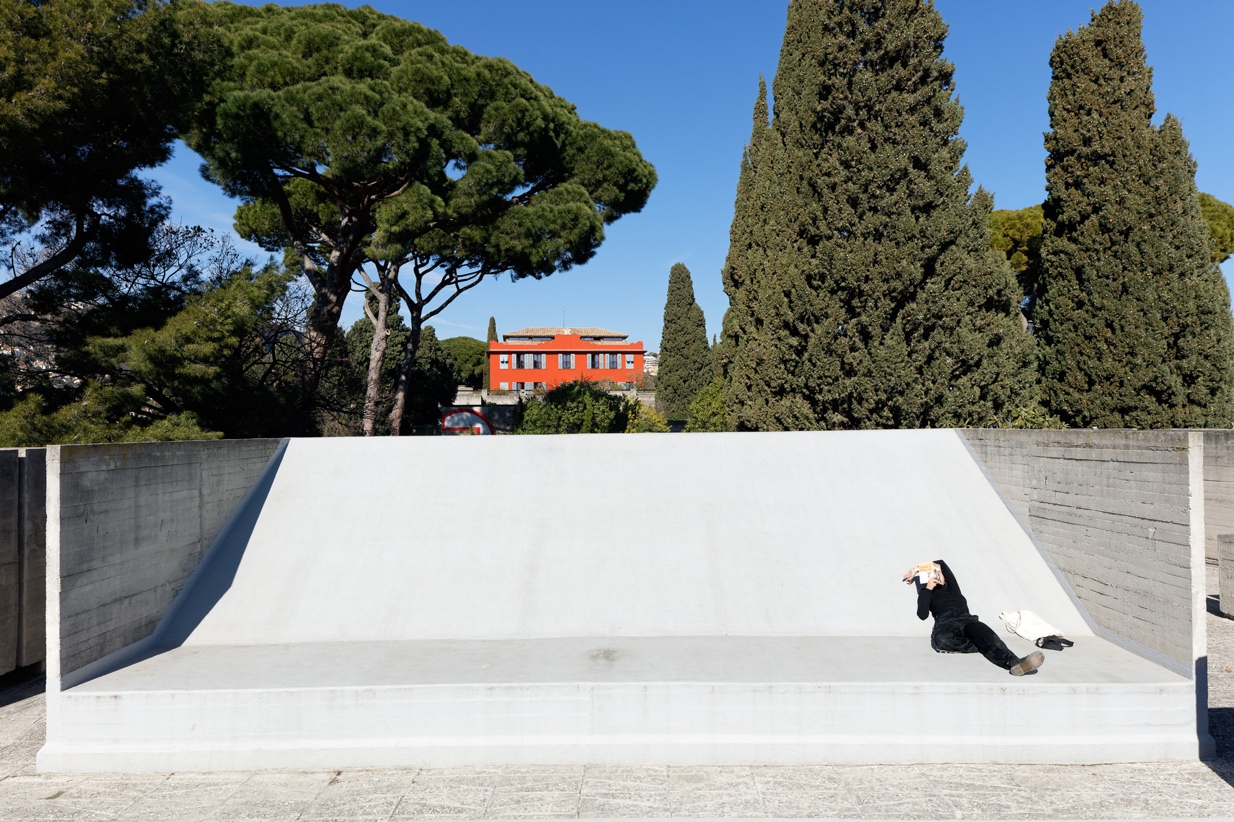
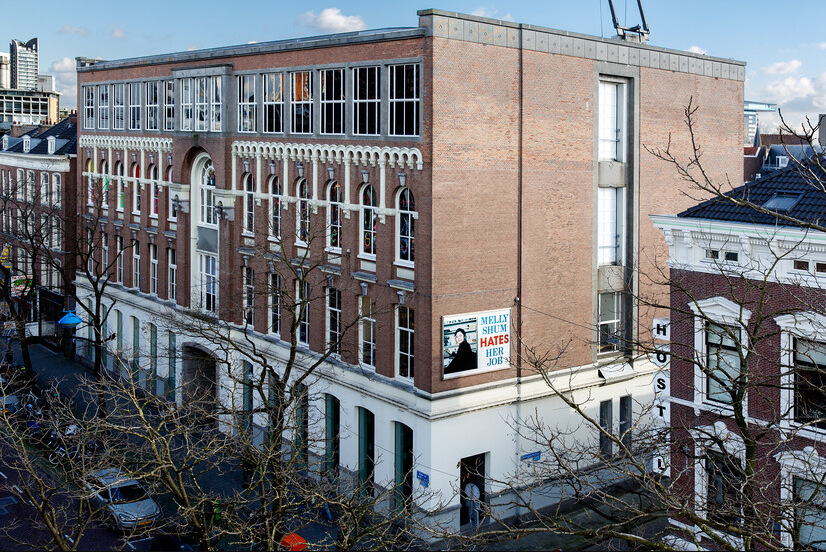
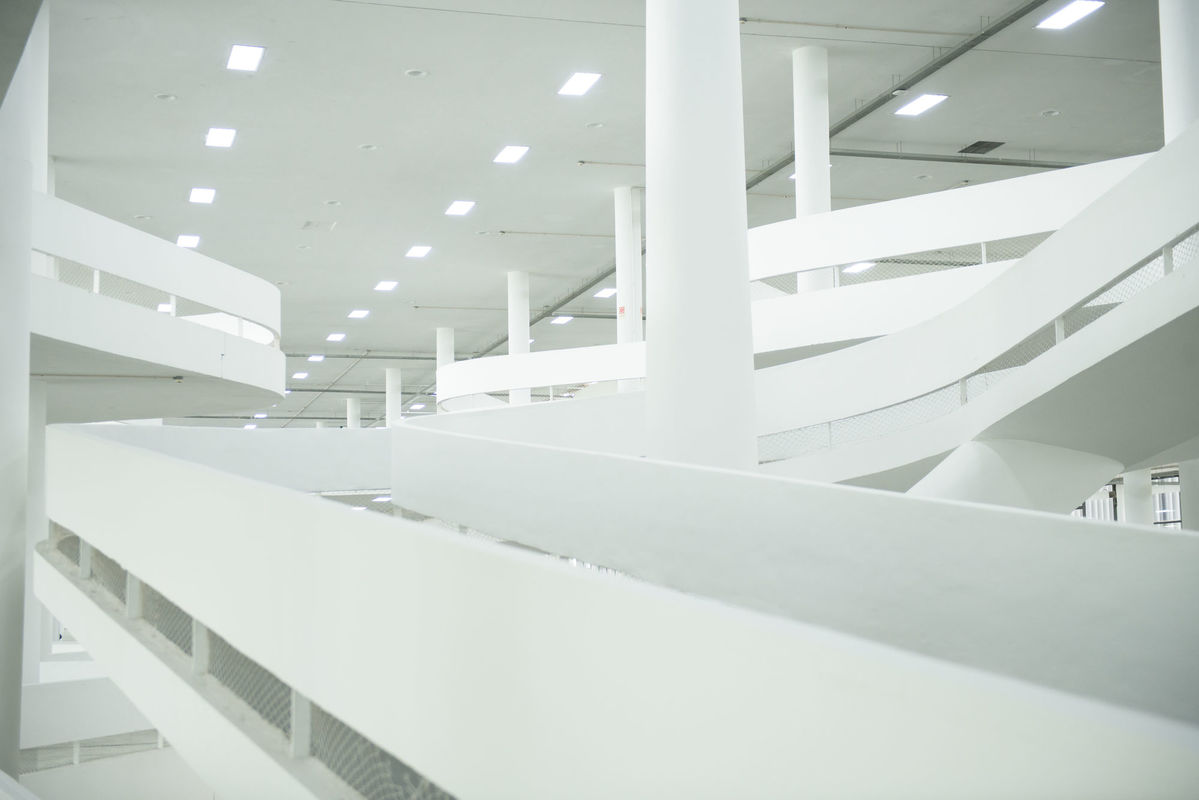
![View of the sculpture of the series Corte Seco [Dry cut] (2021), by Paulo Nazareth during the 34th Bienal de São Paulo. Commissioned by Fundação Bienal de São Paulo for the 34th Bienal de São Paulo](http://imgs.fbsp.org.br/files/81b3a05327e8559c64fc5cda09f3e1f8.jpg)
